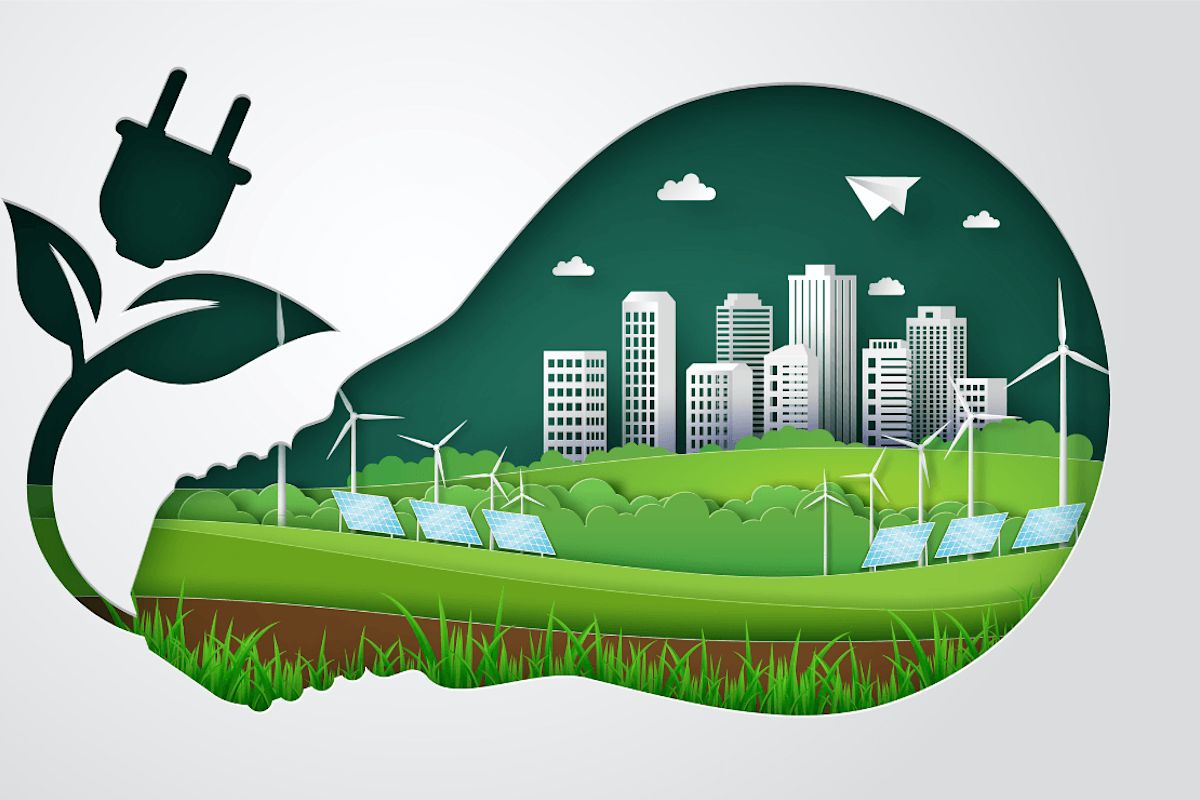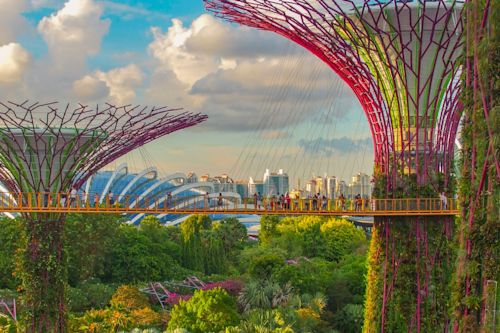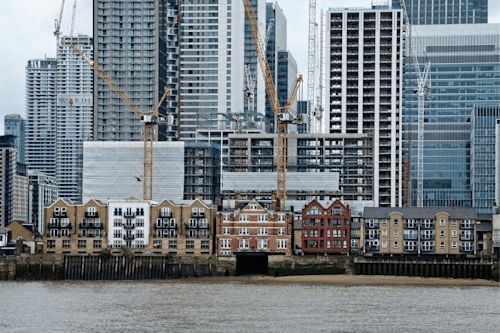How Energy Efficiency in Construction Can Help Your Company Save Money in the Long Term

Energy sobriety in the construction sector consists of designing, building, and operating buildings in a way that minimizes their energy consumption. By adopting sustainable construction and energy management practices, your company can save money in the long term in several ways, which we will detail in the following sections.
Conducting Diagnostics: Implementation Advice
If your company already occupies premises that you wish to optimize, before undertaking any action, it is advisable toconduct diagnosticsthat will serve as an assessment of the energy consumption of your infrastructures. They will also allow you to review your teams’ routines. This approach serves as the basis for the action plan that should be drafted to initiate your energy sobriety plan.
All companies can benefit from diagnostic tools. There are several, depending on the size and specifics of the infrastructures. For example, for SMEs with 20 to 250 employees, the French Environment and Energy Management Agency (Ademe) has developed, with Bpifrance, the Diag Eco-Flux. This is a tailored support program to study solutions that help reduce water and energy consumption. The system also offers the possibility to develop a waste reduction strategy.
Other systems exist to support you in the best way and guide you in developing your energy transition.
Reducing Energy Costs
The construction sector relies on new technologies to buildsmart buildings,connected and intelligent buildings. These infrastructures are capable of optimizing their energy consumption. Sensor systems connected to a central intelligence provide an excellent solution for remotely controlling heating, air conditioning, or even managing the building’s water.
Users know in real time the energy consumption of different parts of the infrastructure and can manually adjust certain parameters. But it is also possible to manage natural and artificial lighting automatically, depending on the brightness.
Intelligent water management is also possible with rainwater harvesting systems that are reused for secondary uses such as for restrooms. In short, it is important to plan ahead your entire energy policy with connected and efficient solutions.
Reducing Operating Costs
The construction or conversion of buildings intosmart buildingsare operations that allow you toreduce operating costs. To this end, it is advisable to use high-performance thermal insulation. For windows, next-generation materials offer optimal insulation. It is even possible to choose models that optimize natural light in order to reduce the need for artificial lighting.
Depending on your activity, choose appliances that are adapted to reducing energy consumption. It is certain that this form of sobriety will allow you to save on your energy bill as well as reduce the operating costs of the infrastructure in the medium/long term.
Improving the Lifespan of Equipment
Energy sobrietyalso involves improving the lifespan of construction equipment. Associating air conditioning or heating with intelligent control systems can significantly increase the lifespan of equipment. The goal is to operate these systems optimally. They should only be used when certain parameters require it. Thus, they do not operate unnecessarily, which reduces their wear and the cost of maintenance operations.
Complying with Legislation and Societal Expectations
French legislation has defined a specific level of requirement for buildings in the tertiary sector regarding energy sobriety. At the same time, public expectations regarding theecological transitionhave become unavoidable.
Today, connected buildings must be built according to fundamental pillars, including system interoperability and data security. The goal of asmart buildingis to consume less energy but also to reduce its environmental impact.
In this perspective, your company achieves substantial savings in equipment maintenance as well as in their replacement in the medium/long term. They break down less often, as they are only used when necessary.
Energy sobriety in the construction sector is a profitable investment for companies. Not only does it reduce long-term energy costs, but it also contributes to environmental protection and improves the company’s image. The benefits of energy sobriety are numerous, whether it is for energy renovation of existing buildings or energy-efficient design of new buildings.



